PCOS test is based on the Rotterdam criteria for diagnosing PCOS.

Fertility

If you have been trying to conceive, chances are that you’ve heard of vitamins for fertility that don’t just nourish your body, but also increase your chances for getting pregnant. While most pregnant women are put on prenatal vitamins, you don’t have to wait until you’re pregnant to reap the benefits of fertility supplements. In fact, the right fertility supplements for both men and men can help you conceive in shorter amount of time!
But considering that the fertility supplement market is HUGE, which supplements actually meet the claims for boosting natural fertility and augmenting your chances for getting pregnant? Let’s find out!

We are what we eat – this adage holds particularly true for couples trying to conceive a baby.
For anyone trying to get pregnant, a healthy fertility diet is crucial for nourishing your body and helping support a new life to grow within you. A diet rich in fresh fruits, vegetables, healthy proteins and fats and the right carbs goes a long way towards boosting your fertility. And if you are eating healthy, you might wonder – do I really need a multivitamin for trying to conceive?
Simple answer – you do. When taken correctly, fertility supplements are definitely worth your time and money. This is because they address any and all nutritional deficiencies you (or your partner) might have, considering that several necessary nutrients are simply lacking in today’s modern diet culture. As our food becomes more and more processed, packaged and lacking in natural nutrients, the right supplements can support natural conception. This holds particularly true for women over the age of 35, since they are more prone to underlying health and hormonal problems which could be affecting their fertility.
Fact is, sustaining healthy body function and procreating a new life are two very different things. You might be satisfactorily healthy because you are eating well, but the human body will only successfully procreate when it is in PRIME health. And even minor nutritional deficiencies could throw off this delicate balance. This is why – mere food is often not enough to address all your nutritional needs for natural procreation, and you need supplements to boost your fertility.
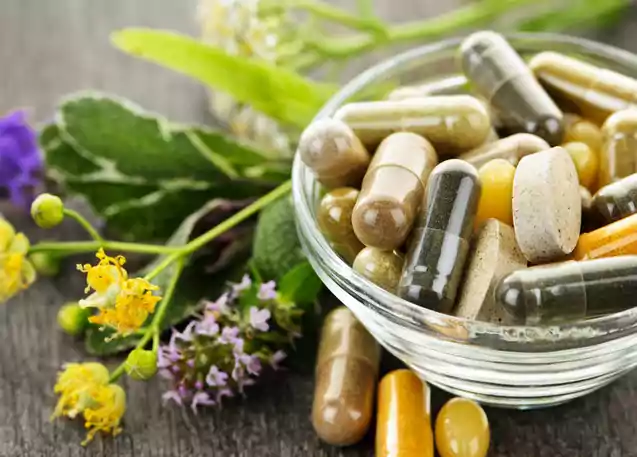
In an ideal world, you would get all the nutrients you need to get pregnant through a healthy diet. However, sadly we don’t live in an ideal world, and often most of us need additional micronutrients to boost our fertility health.
There are several deficiencies and hormonal imbalances that could impact fertility. Additionally, some underlying diseases can also negatively impact your body’s ability to absorb the nutrients through food, contributing towards difficulty getting pregnant. With the right supplements, you can definitely increase your chances for getting pregnant.
When you’re trying to conceive, just multivitamins are not enough (though they’re a good start!). Based on your specific health markers, the right supplements for you can improve ovulating and menstruation, immune function, thyroid function, antioxidant levels and energy production.
A significantly higher rate of conceptions occurred after pre-conceptional multivitamin supplementation in comparison with a placebo-like trace element supplementation in a Hungarian randomized, double-blind, controlled trial. German researchers found that apart from lowering the malformation risk by peri conceptional supplementation of folic acid, substitution with different micronutrients, particularly folic acid, vitamin B6, vitamin C, vitamin D, vitamin E, iodine, selenium, iron, and DHA might have a positive impact on infertility treatment. During the Nurses’ Health Study II between 1991 and 1999, researchers found that regular use of multivitamin supplements may decrease the risk of ovulatory infertility.
So you see – there’s plenty of research to prove that fertility supplements definitely work.
The right vitamins for fertility help boost the health and quality of eggs produced, supporting a healthy embryo. By creating the right environment to support a healthy pregnancy, these boost your chances for getting pregnant and also reduce symptoms of underlying causes of infertility. Similarly, some supplements can also boost male sperm health and motility, making it easier for you and your partner to get pregnant naturally.
So without further ado, let’s take a closer look at the right fertility supplements for your fertility journey.

Increasing intake of omega 3 fatty acids can maximize the flow of blood to pelvic organs, aiding natural conception. Studies have found that increased preconception omega-3 polyunsaturated fatty acid intake improves embryo morphology. It supports a healthy pregnancy and decreases the risk of premature labour, while also offering increased fetal brain development for when you do conceive a baby.
How much to take? We recommend 500 to 1000mg/day for both men and women.
Our Choice of Omega 3 available on Amazon:

Vitamin B6 and B9 (also called folate) are the two most important vitamins to boost fertility. Most of us know that Folic Acid (a synthetic form of B9) has gained unmatched reputation for being an important nutrient during pregnancy. Low levels of B9 can lead to menstrual irregularities, while supplementing before pregnancy can boost blood flow as well as keep blood pressure level normal. Pre-conception supplementation with multivitamins containing folic acid may also reduce the risk of congenital malformations other than neural-tube defects, such as cardiovascular defects, oral clefts, urinary tract defects, and limb-reduction defects. Folates can also help male semen analysis results, so both partners can benefit from supplementing.
How much to take? We recommend 400-1000mcg/day for both men and women
Our Choice of Folate & Vitamin B6 available on Amazon:
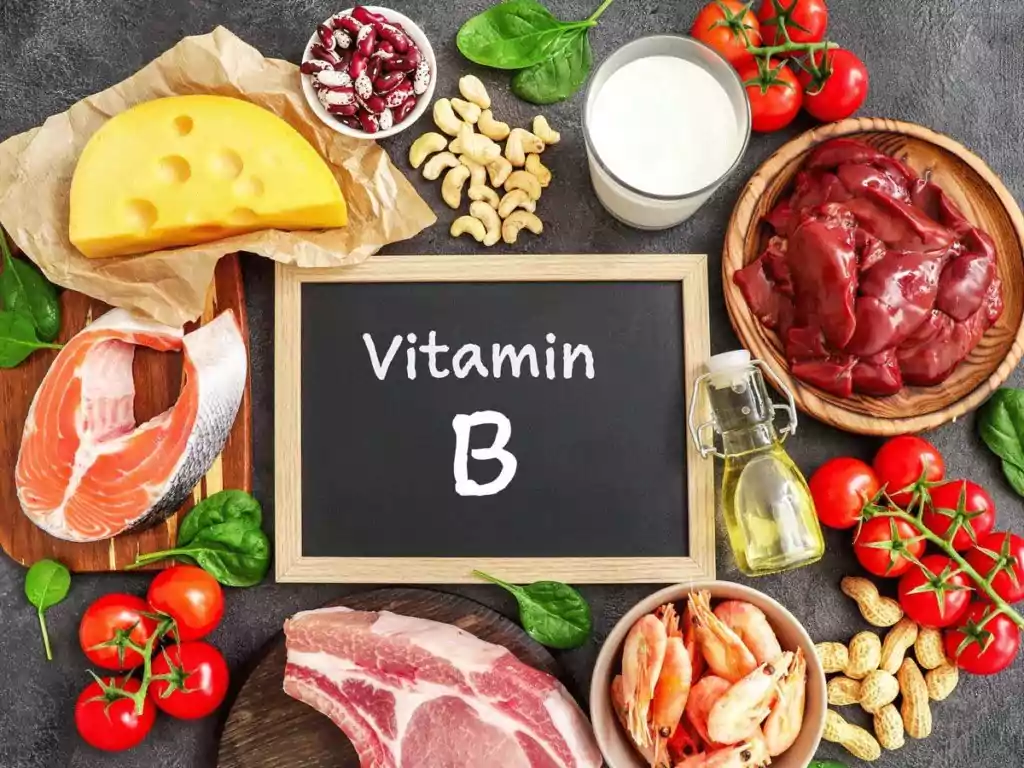
While we now know that folates are important to boost fertility, other B vitamins can also play an important role to promote fertility health. The Nurses’ Health Study II found that supplementing with B Vitamins (including B1, B2, B3, B6 and B12) can prevent ovulatory infertility. On the other hand, B complex multivitamin also boosts sperm motility and overall health markers for both men and women.
How much to take? 1 capsule B complex/day both men and women.
Our Choice of Vitamin B available on Amazon:
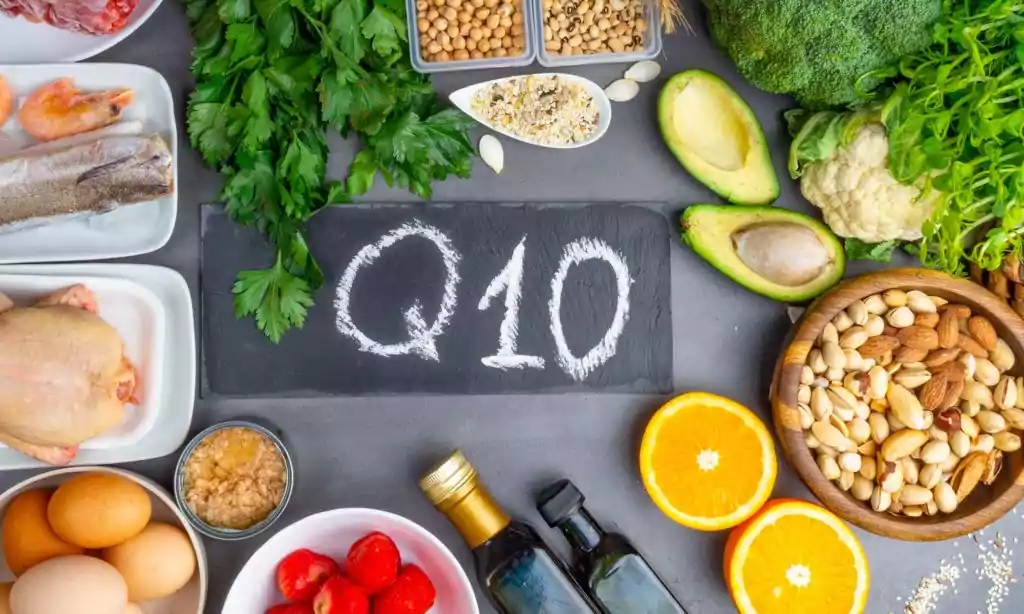
Also known as CoEnzyme Q-10 or ubiquinone, it plays a crucial role in cellular repair and energy production. Supplementing with CoQ10 protects eggs from oxidative stress, with studies showing that it can even reverse the effects of fertility aging on female eggs. Research also finds that high follicular fluid CoQ10 level is associated with optimal embryo health and higher pregnancy rates.
How much to take? We recommend 600mg/day for both men and women.
Our Choice of CoQ10 available on Amazon:
Improves blood flow and reduces nitric oxide levels. Additionally, vitamin C also boosts the immune system, helping you stay healthier and stronger. It’s also found to improve sperm health and motility in men. As Vitamin C can cause heartburn, it is best to take it early in the day after a meal.
How much to take? We recommend 75-90mg/day for both men and women.
Our Choice of Vitamin C available on Amazon:
Inositol supplementation can be particularly beneficial for women with PCOS, as it helps keep blood sugar levels stable and also regulates the menstrual cycle. Research indicates that inositol supplementation increased pregnancy rates in women undergoing fertility treatment. This is because this supplement can reduce excess insulin and blood sugar circulating within the blood stream, naturally balancing female hormones. It improves ovulation and restores menstrual regularity to fight infertility in women with PCOS.
How much to take? We recommend 4g/day for women with PCOS.
Our Choice of Myo Insitol available on Amazon:
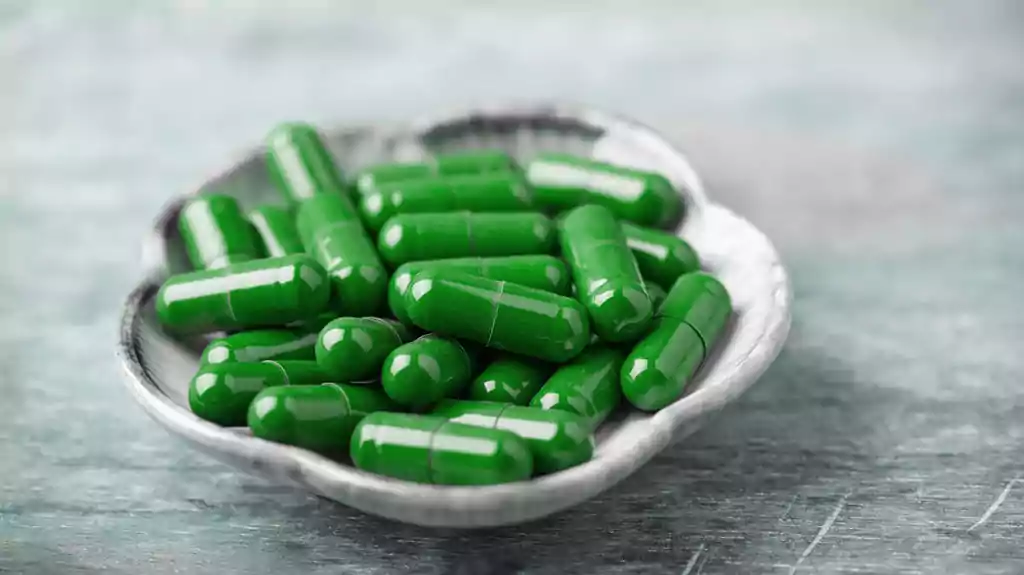
Acetyl L-carnitine or ALC is a potent antioxidant and boosts fertility in both men and women. It can increase sperm motility and health in men, while its strong antioxidant response improves the general health of the female reproductive organs. Research finds L-Carnitine shows great promise in its application as a treatment option for women facing infertility disorders. It’s particularly helpful for women dealing with fertility issues due to PCOS, endometriosis and amenorrhea. Studies have also found that L-Carnitine along with other antioxidants generally have a favourable effect on male fertility.
How much to take? We recommend 1-3gm/day for both men and women.
Our Choice of L-carnitine available on Amazon:
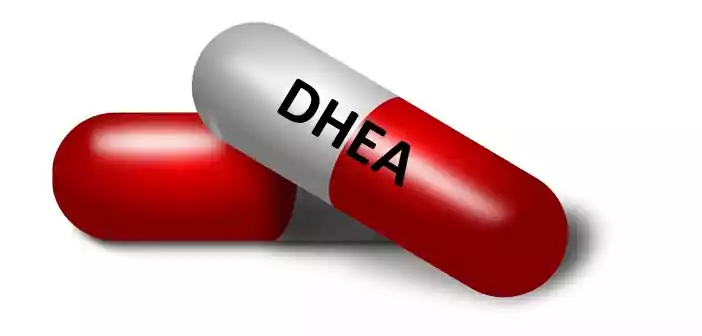
For some women facing fertility issues, particularly those who are over 35-40 years of age, DHEA supplementation can improve chances of getting pregnant. As testosterone levels decline with age, this supplement can help achieve regular ovulation and egg maturation. Older women looking to get pregnant often struggle with viable eggs, which is where this supplement steps in. Research shows that DHEA supplements can improve chances of getting pregnant in women with low ovarian reserve.
How much to take? We recommend 75 mg/day, split into three 25mg doses for women.
Our Choice of DHEA available on Amazon:
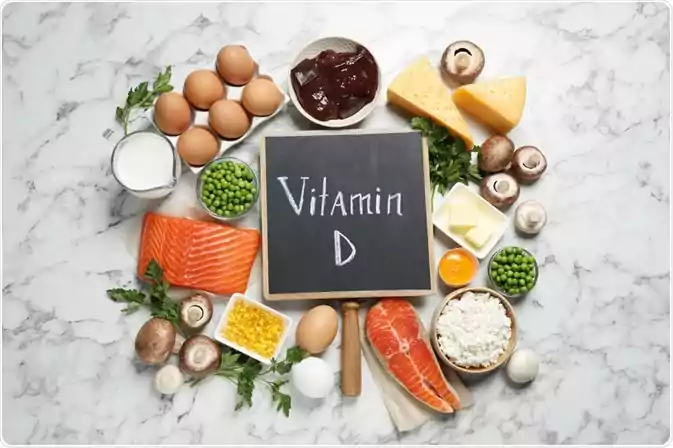
The sunshine vitamin is more important than we give it credit for! Vitamin D is crucial for calcium absorption to maintain bone health, but it’s also important for muscular function, immune response, cell growth and fighting off inflammation. It can boost pregnancy rate and also increase chances of live birth. Some research links low Vitamin D levels to increased chances of miscarriage.
How much to take? We recommend 2,000 IU/day for both men and women.
Our Choice of Vitamin D available on Amazon:

Selenium can boost the reproductive health of both men and women. Research shows it can improve semen quality in men and prevent risks of miscarriage in women.
How much to take? We recommend 55mcg /day for both men and women.
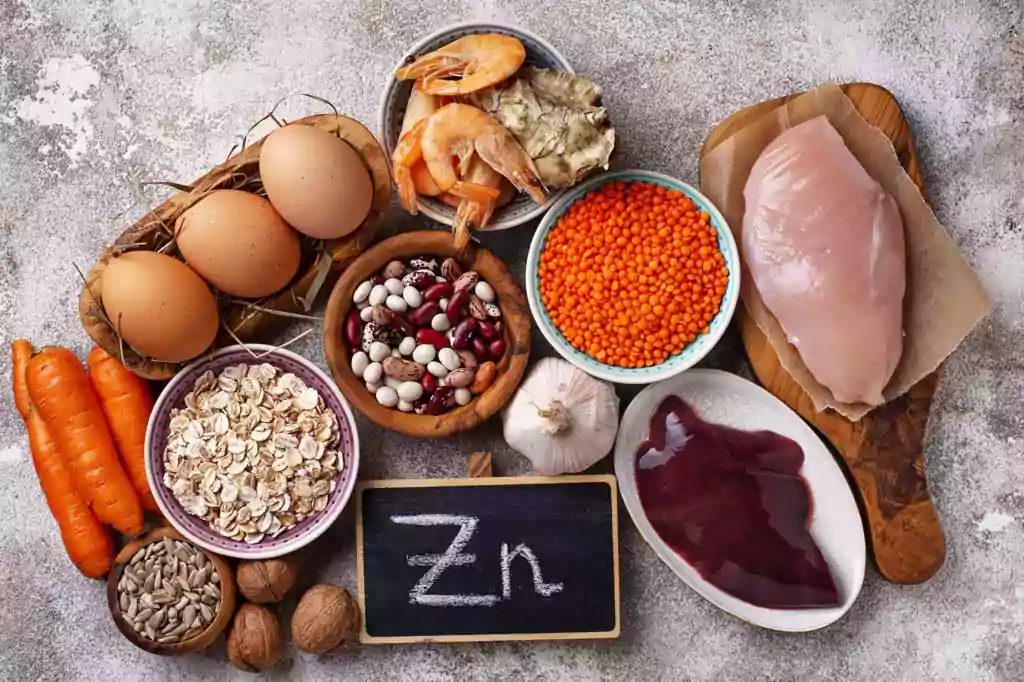
Like Selenium, Zinc is also important to sperm health – it is essential to the formation of sperm. It also boosts chances of getting pregnant by aiding in fertilization and promoting egg development. Low levels of zinc have been linked to difficulty in getting pregnant.
How much to take? We recommend 8-11mg /day for both men and women.
Our Choice of Zinc available on Amazon:
Since so many nutrients go into the precious process of conception, it is often convenient to take a good quality pre-natal vitamin rather than swallow a whole bunch of capsules. For women, choose a product that contains iron, folate, Vitamin D, selenium, methylated B vitamins and iodine. Men should pick one that has zinc, Vitamin D, and antioxidants for sperm health like Vitamin C & Vitamin E. Do note, a specialized prenatal formula maybe available only in some countries.
Remember: It’s important to always discuss supplements and their dosage with your doctor before you start, as recommendation may differ based on your specific case.